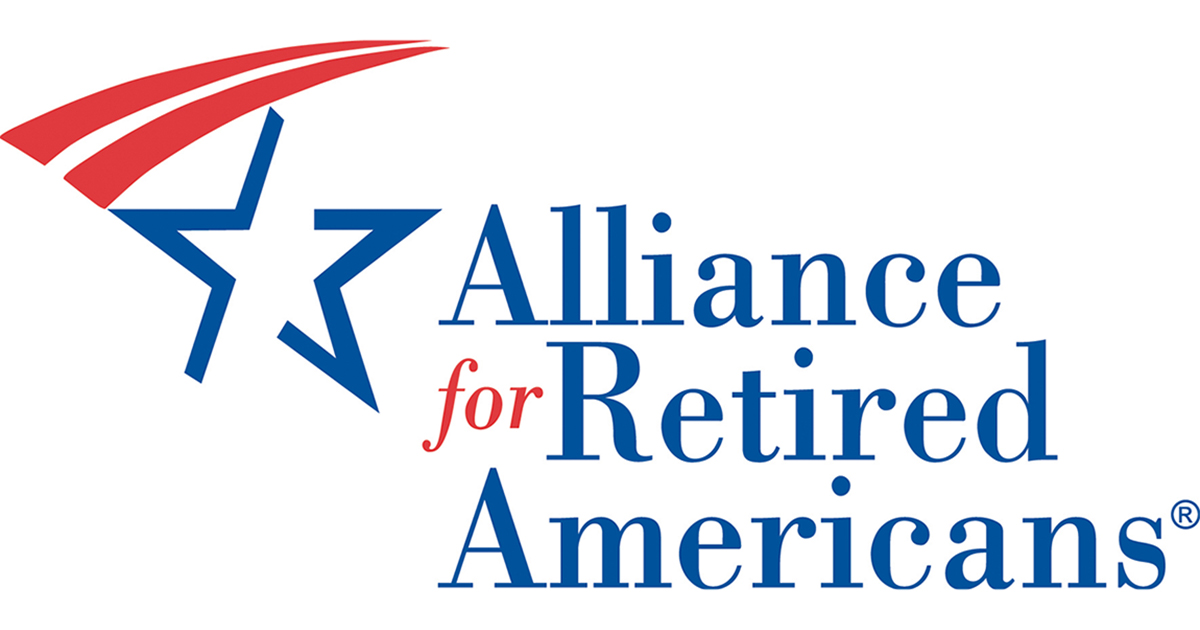January 14, 2022
Pension Plans Offer Substantial Cost Advantages Over 401(k) Retirement Accounts
A new research report from the National Institute on Retirement Security (NIRS) has uncovered a surprising difference between defined-benefit pension plans and 401(k) style defined-contribution pension plans. The report found that pension plans provide retirement benefits at nearly half the cost of 401(k) accounts, due in part to defined-benefit plans’ “longevity risk pooling.” Defined-contribution plans, in contrast, must receive excess contributions to enable each worker to self-insure against the possibility of living longer than average.
“Pensions have economies of scale and risk pooling that just can’t be replicated by individual savings accounts,” explained Dan Doonan, Executive Director of NIRS and co-author of the report. “This means pensions can provide retirement benefits at a much lower cost.”
Other advantages for defined-benefit pensions include higher investment returns and optimally balanced investment portfolios.
Additionally, the report indicated that roughly four-fifths of the difference in costs occurs in the years post-retirement. Retired individuals often incur substantially higher fees when retirement assets are withdrawn from a workplace retirement plan. Many retirees also shift their savings to lower-return, lower-risk asset classes.
“We have known for decades that pension plans have substantial advantages over 401(k) plans for workers and retirees,” said Joseph Peters, Jr., Secretary-Treasurer of the Alliance. “This new research shows the advantages associated with administering defined-benefit plans.”

